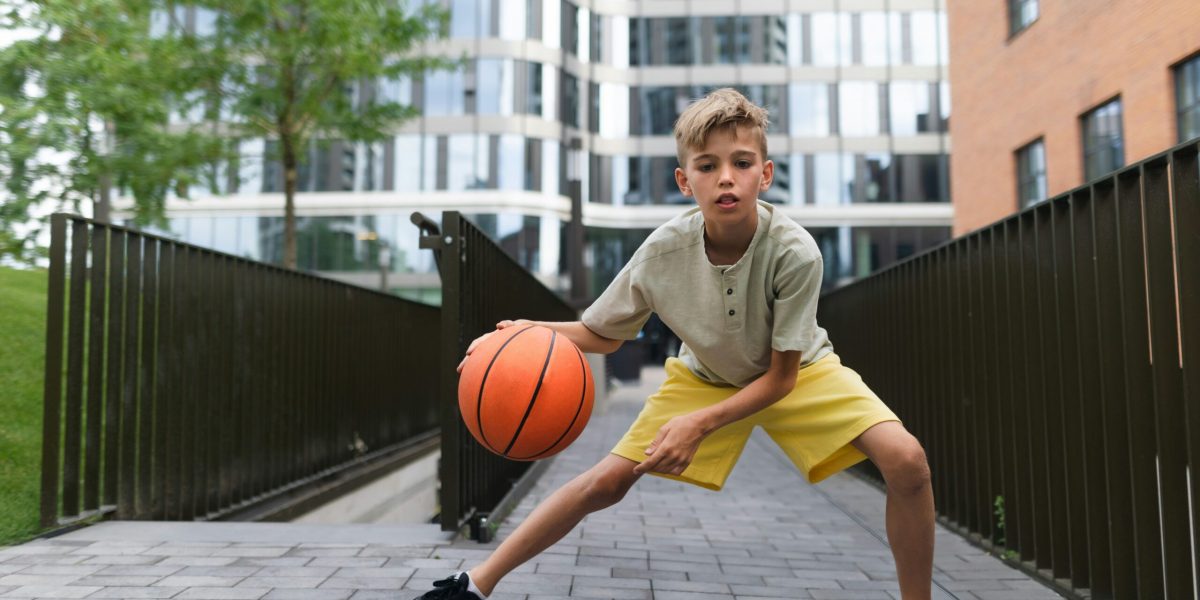In the fast-paced world of youth sports, the pressure to perform can sometimes take a heavy toll on young athletes. As the competition intensifies and training schedules become more demanding, sports burnout has become a growing concern. For young athletes, the risk of burnout isn’t just about physical fatigue; it also involves mental strain, emotional exhaustion, and the overwhelming stress of meeting external expectations. Understanding the importance of mental health support and rest is crucial in safeguarding young athletes from this dangerous cycle.
What is Sports Burnout and Why Is It a Concern?
Sports burnout is a condition that occurs when an athlete experiences emotional, physical, and mental exhaustion from excessive demands placed on their body and mind. For young athletes, the symptoms often go unnoticed until it’s too late. Burnout may manifest as a lack of enthusiasm for training, increased irritability, or even physical injuries from overuse. The impact can be long-lasting, not just affecting performance but also leading to a negative relationship with sports in general.
Research suggests that burnout in youth sports has been on the rise, particularly in highly competitive environments where athletes are pushed beyond their limits. According to experts, overtraining and the relentless pursuit of success can create an environment where young athletes are constantly under stress. Without proper mental health support and the necessary breaks, this can lead to the physical and emotional depletion that marks burnout.
Why Rest Is Essential for Preventing Burnout
One of the most overlooked aspects of athlete training is rest. For young athletes, rest periods are just as important as the training sessions themselves. Recovery allows the body to heal, repair muscles, and recharge for future performance. However, in the pursuit of excellence, athletes often push through exhaustion, believing that more practice will lead to greater success. This overtraining mentality is a key contributor to burnout.
Professional coaches and sports psychologists emphasize the need for balanced training programs. Rest isn’t just about taking a day off; it’s about managing training loads and ensuring that athletes have time to recover physically and mentally. Experts recommend that young athletes follow periodization in their training, which involves structured phases of intense training followed by planned rest. This strategy reduces the risk of overuse injuries and allows athletes to perform at their best over the long term.
The Role of Mental Health Support in Preventing Burnout
Physical rest alone is not enough to prevent burnout. Mental health support is equally important. For many young athletes, the pressure to excel often comes from external sources like parents, coaches, and peers. This constant pressure to perform can lead to anxiety, depression, and a loss of motivation, all of which are signs of burnout.
Psychologists specializing in sports emphasize the need for a holistic approach to athlete development. Young athletes need to feel supported not only by their coaches but also by their families and communities. Encouraging open conversations about stress and mental health can make a significant difference in preventing burnout. Providing resources such as sports counselors and creating environments that promote a positive mindset are essential for helping athletes cope with the challenges they face.
Fostering a culture that values enjoyment over competition can alleviate much of the pressure young athletes feel. Encouraging kids to play sports for the fun of it, rather than only for the outcome, can help reduce stress and prevent the burnout that often accompanies the relentless focus on performance.
Creating a Supportive Environment for Young Athletes
Preventing burnout in young athletes requires more than just a change in training schedules. It calls for a supportive environment that prioritizes both physical health and mental well-being. Coaches, parents, and sports organizations must collaborate to create balanced programs that allow athletes to thrive without burning out.
One of the most effective ways to combat burnout is through education. Coaches and parents need to be informed about the warning signs of burnout and equipped with the tools to support their athletes. Regular check-ins with athletes, both on the physical and emotional fronts, can help identify potential issues early. Providing athletes with access to mental health professionals and creating spaces for them to talk about their feelings can offer invaluable support.
Creating a culture where young athletes feel empowered to take breaks, say no when they’re overwhelmed, and speak up about their well-being is key to long-term success. Encouraging self-care and mindfulness practices, such as meditation and breathing exercises, can also help athletes manage stress in healthy ways.
Supporting the Long-Term Health of Young Athletes
In the long run, preventing sports burnout is about more than just avoiding immediate exhaustion. It’s about fostering a sustainable approach to athletics that will allow young athletes to enjoy sports for years to come. When athletes feel supported, both mentally and physically, they are more likely to stay engaged and continue their athletic careers without the fear of burnout.
Building a healthy relationship with sports is vital, and the responsibility lies with everyone involved—coaches, parents, and the athletes themselves. It’s time to shift the focus from just winning and achieving at all costs to building a well-rounded athlete who thrives both on and off the field.






